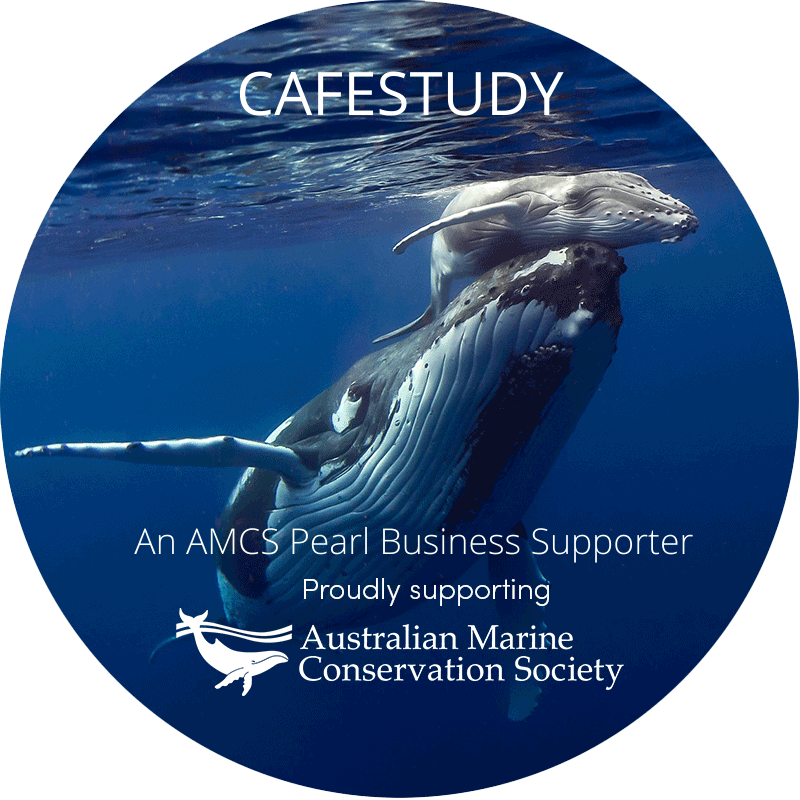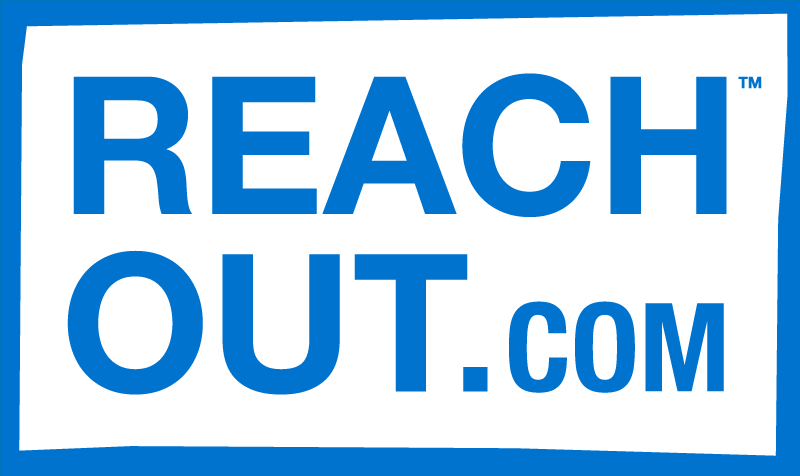Getting sick after a hospital visit.
Posted by: Captured
1st Mar 2013 12:01am
I'm just wondering how many people have ever been in hospital (emergency room and/or admitted to a ward or for an operation) and after they got home they got sick?
Over the years i've been admitted to hospital about 6 times and each time, i got sick afterwards. I don't know if it's due to being around all the other sick people, or the air conditioning, the food, medication or something else, but getting sick after being a patient in hospital is always a given for me. It's something i know that will always happen to me but i don't know why.
I was in the Emergency room last week for 24 hours with sciatica, and now i am dealing with cold/flu symptoms. The sneezing and coughing is not helpingmy back pain at all. :(
Help Caféstudy members by responding to their questions, or ask your own in Café Chat, and you will get the chance of earning extra rewards. Caféstudy will match these and donate equally to our two chosen Australian charities.



Comments 1
phoenix555
It's well known that hospitals are a source of germs, kind of like schools / kindergartens. Unfortunately that means you can go in for one thing, and pick something up while you're there.
If you know you're going in, take in some of those anti-bacterial wipes, and use them regularly - one of the best sources for transferring germs is through hands (people cough into their hands, then touch things etc).
Make sure you get adequate rest and plenty of liquids too, and reduce stressful situations if possible - give yourself the best chance of staying healthy.
I empathise with sneezing/coughing when you have back issues - that's gotta hurt!